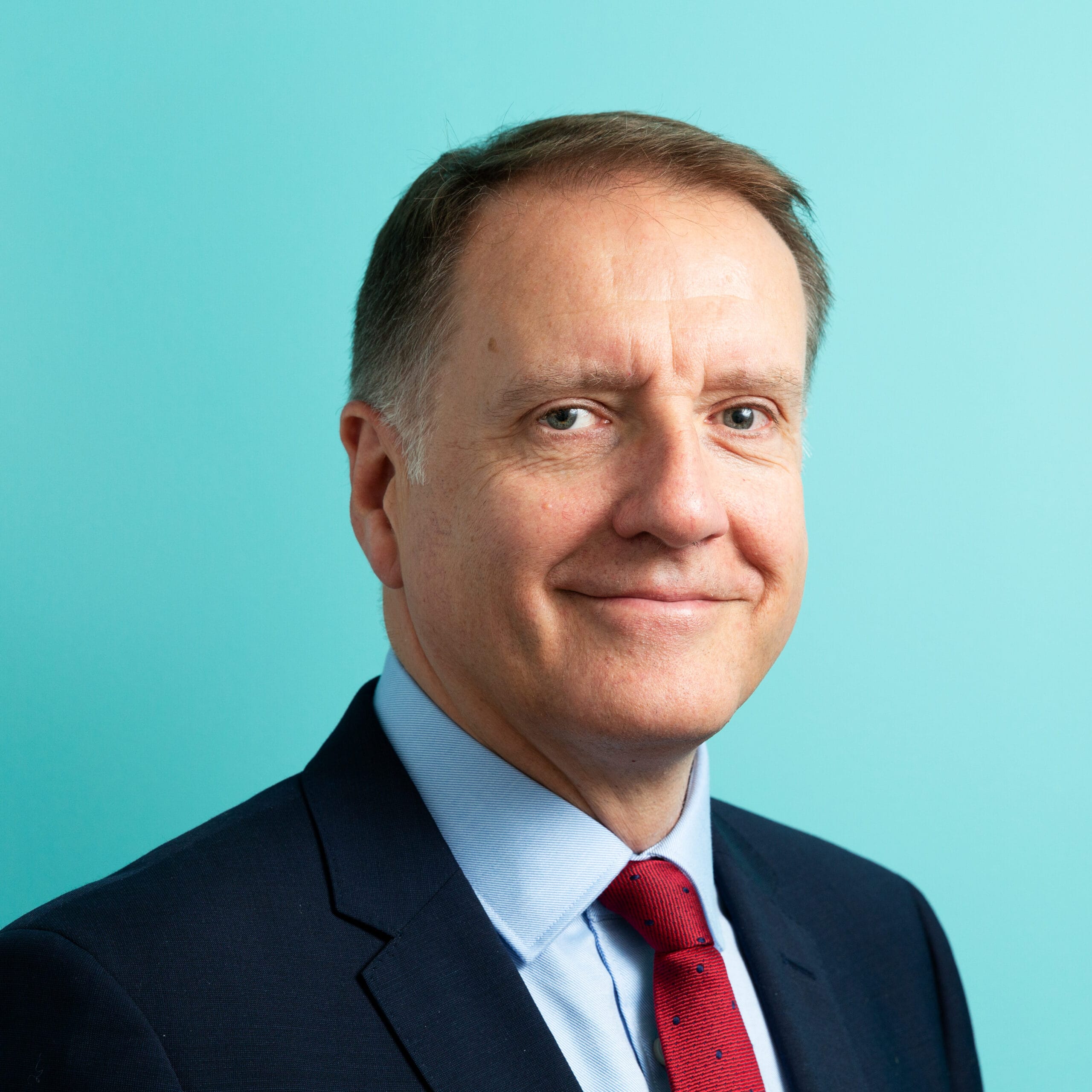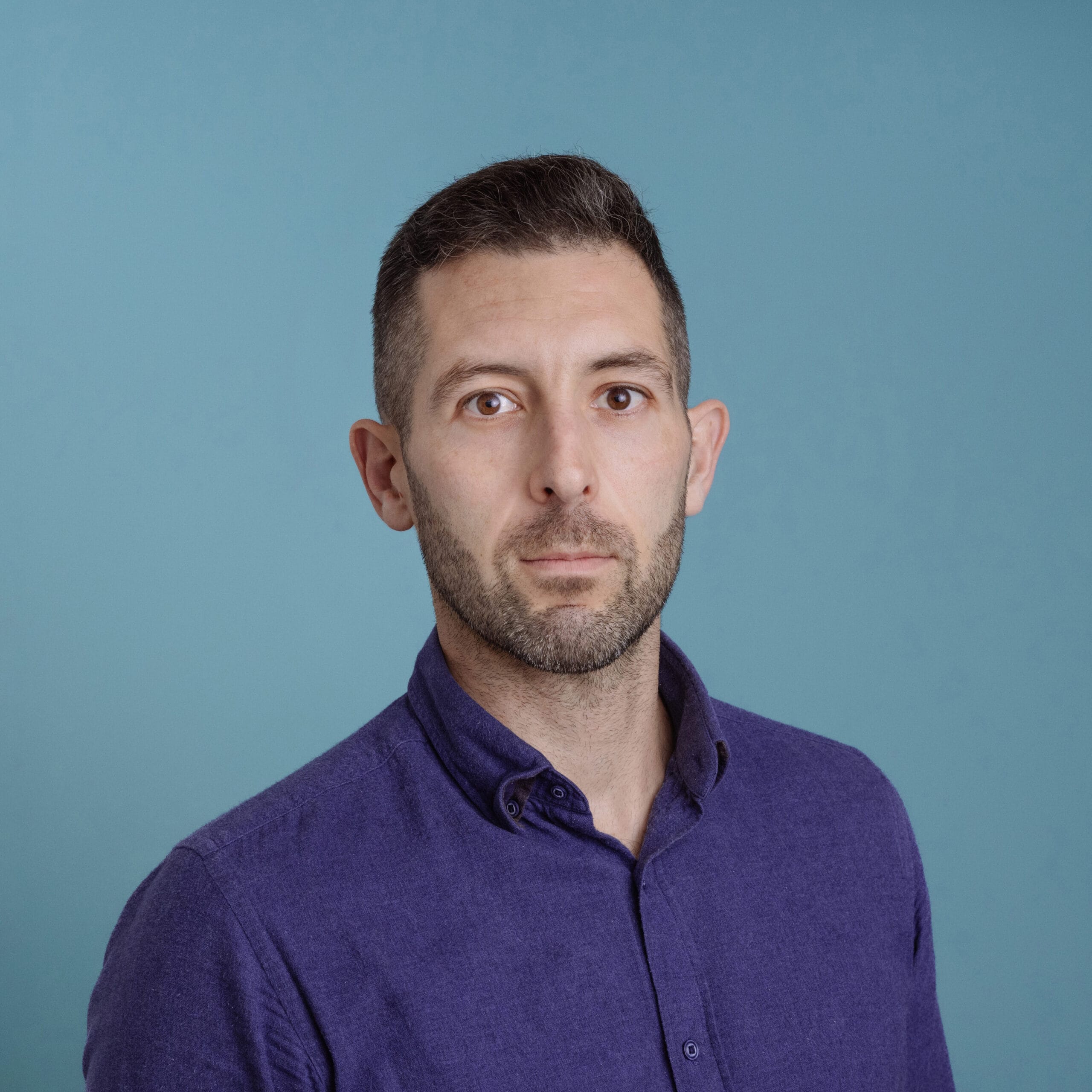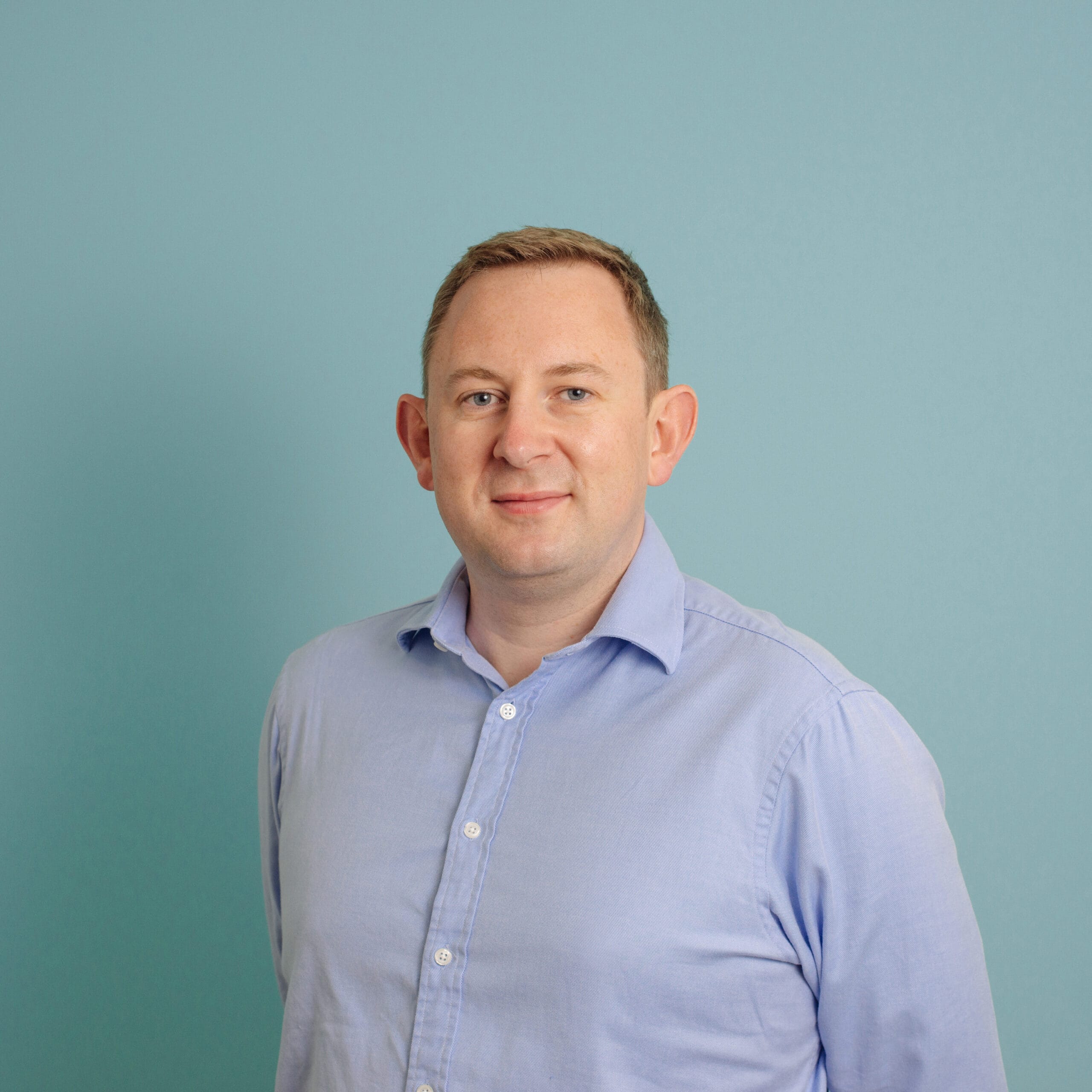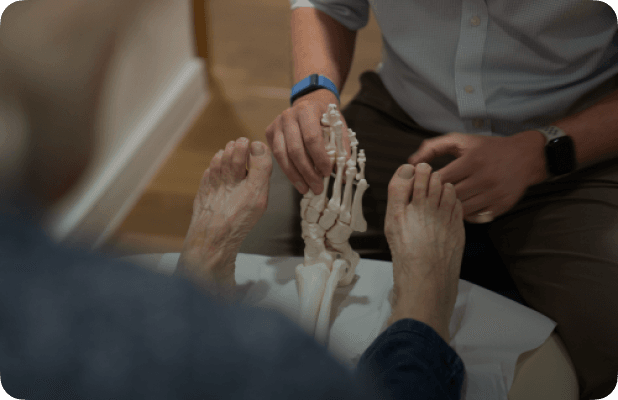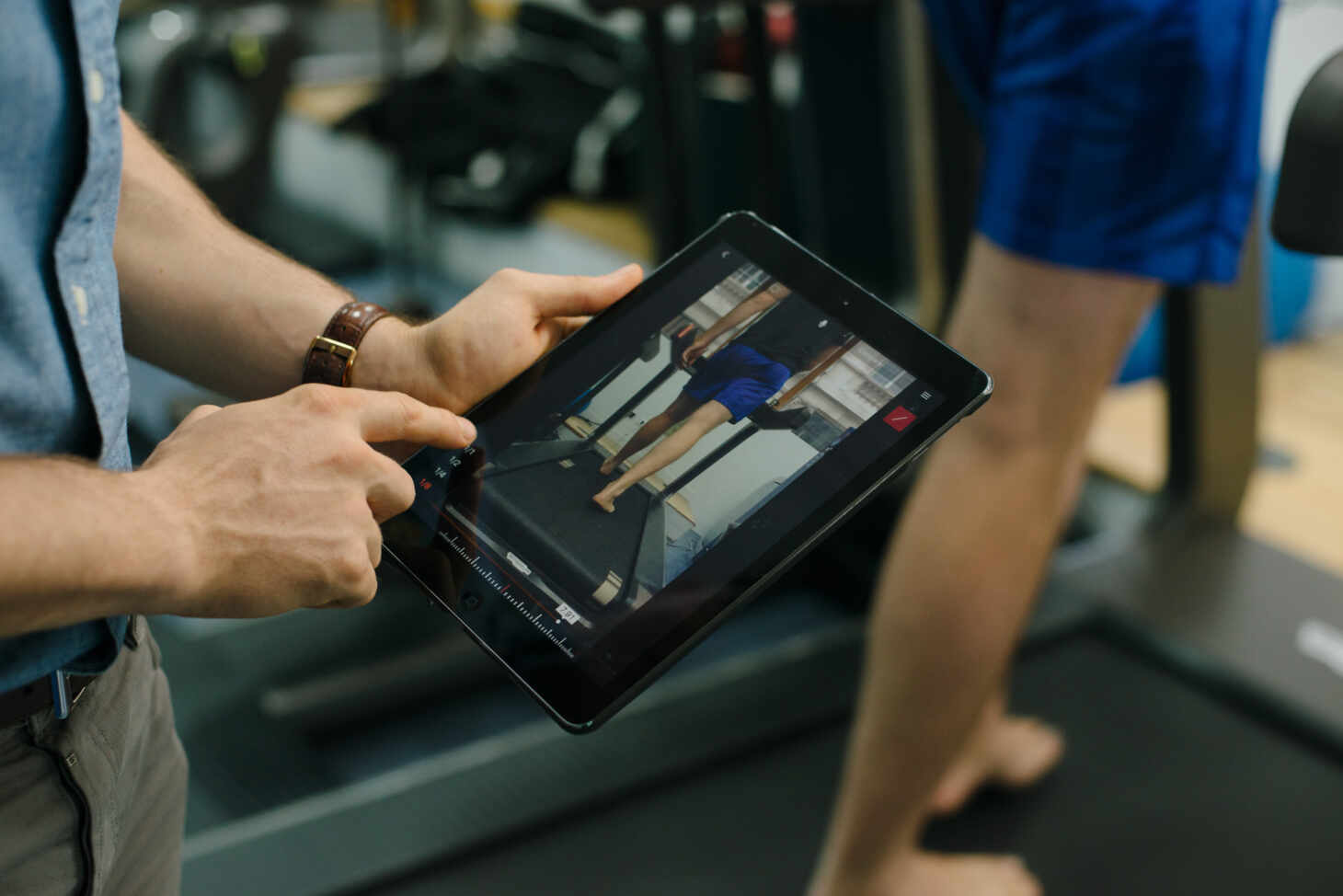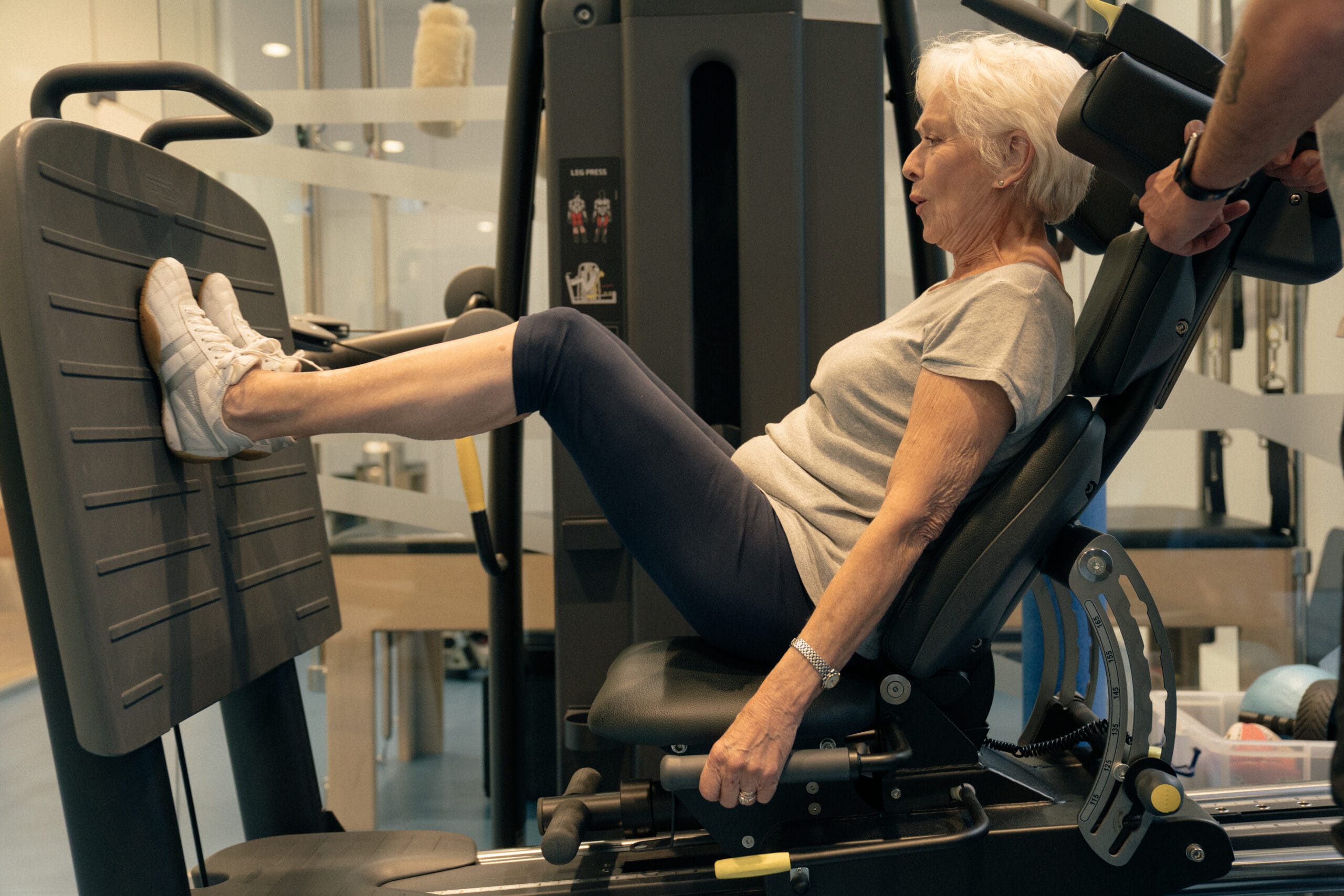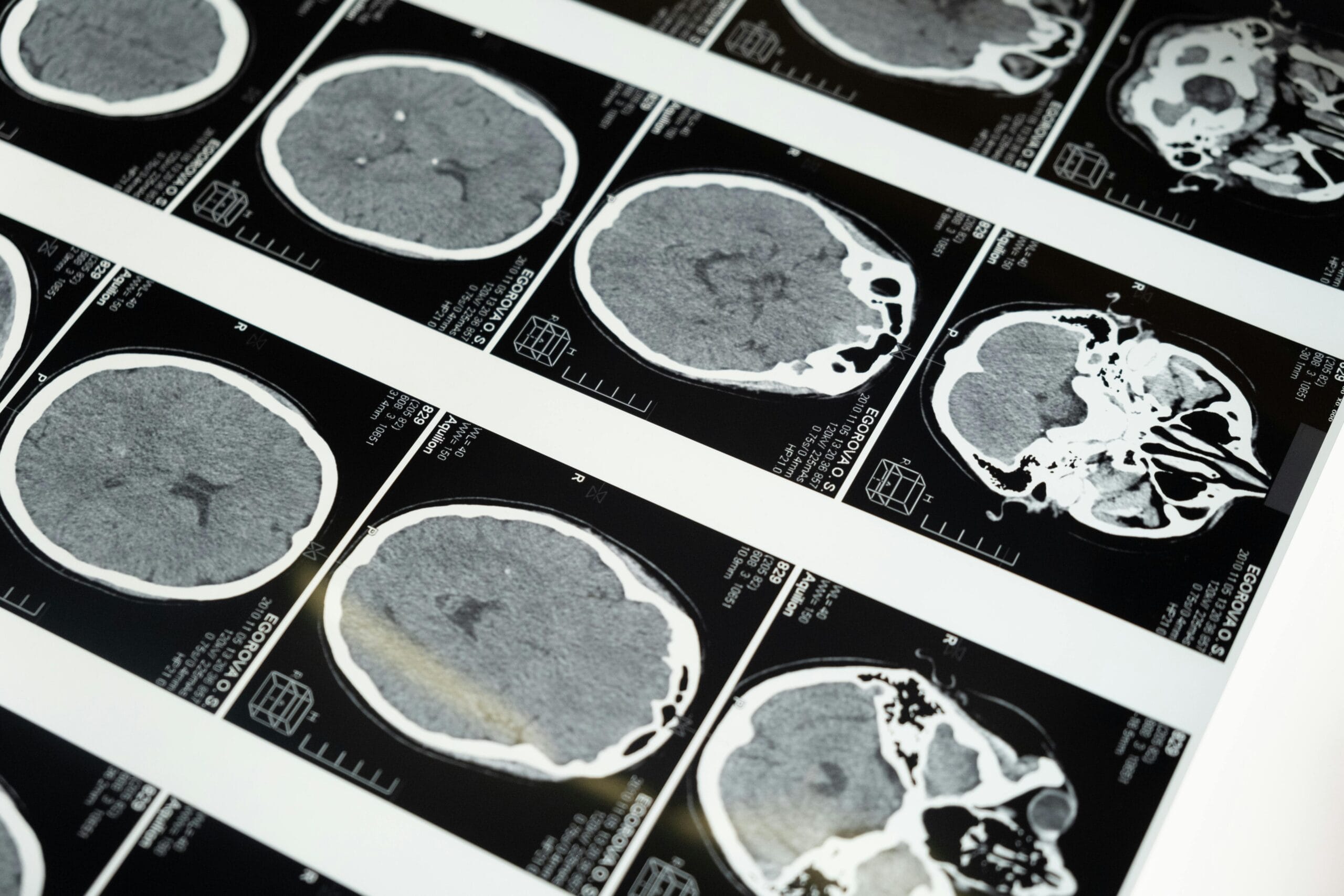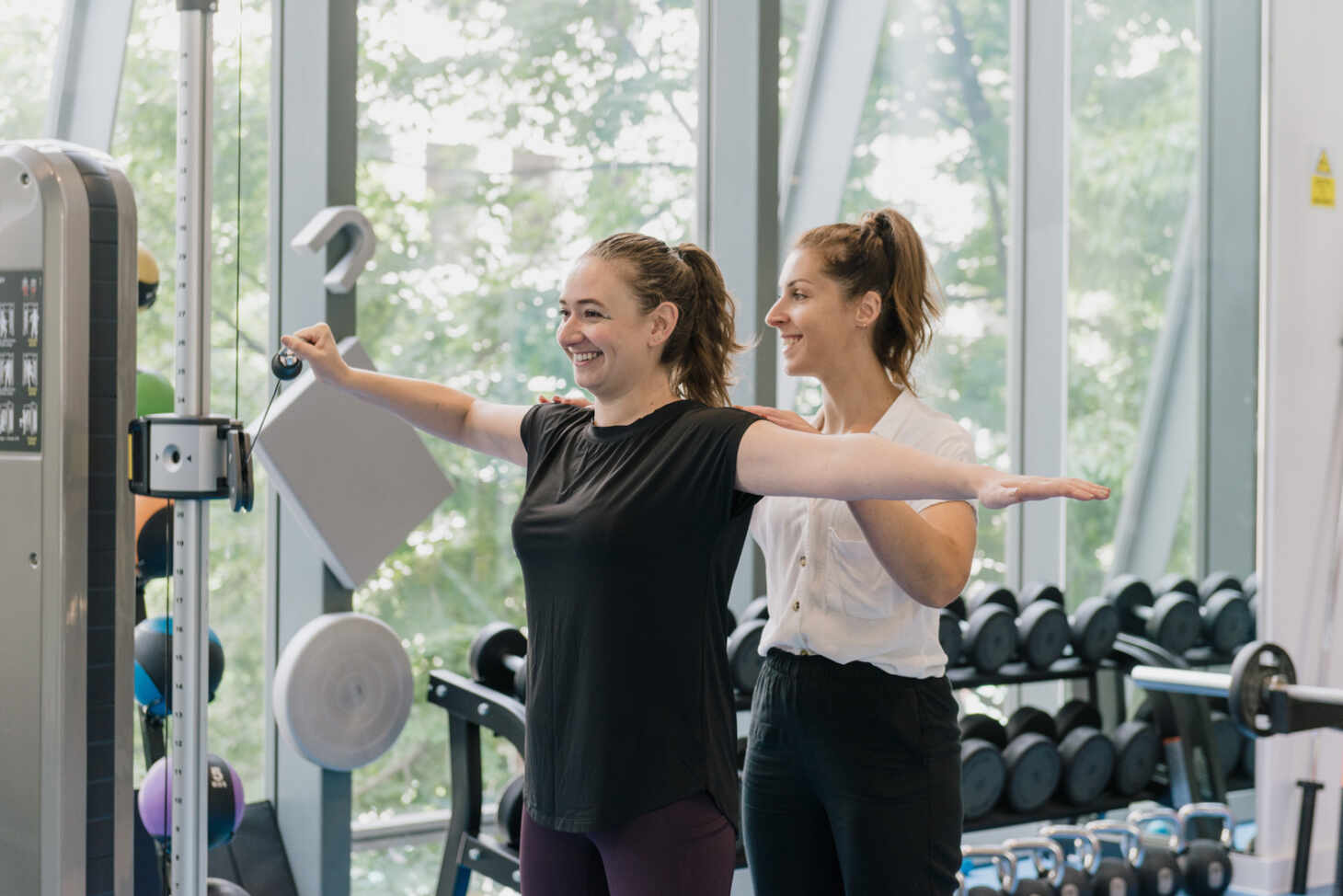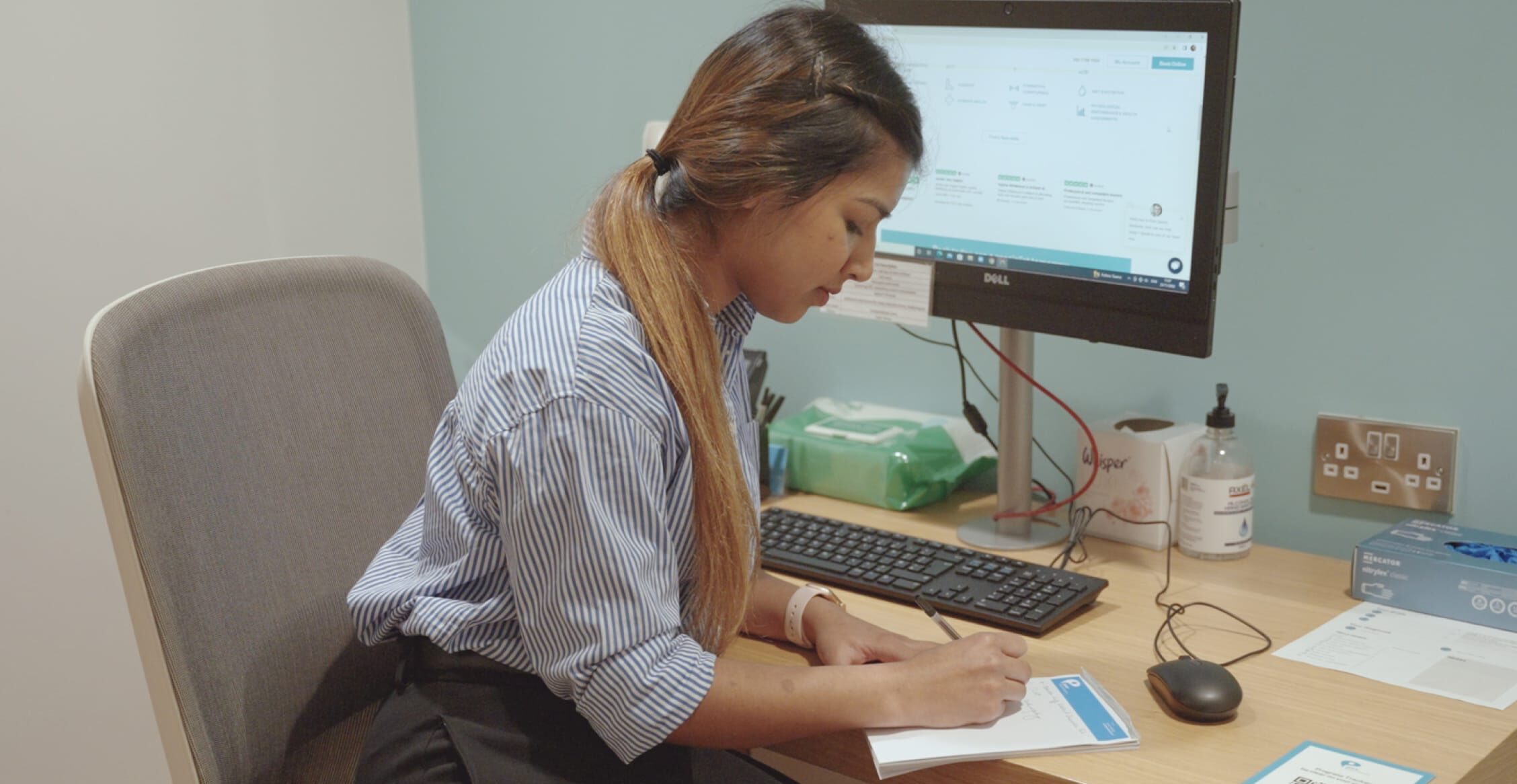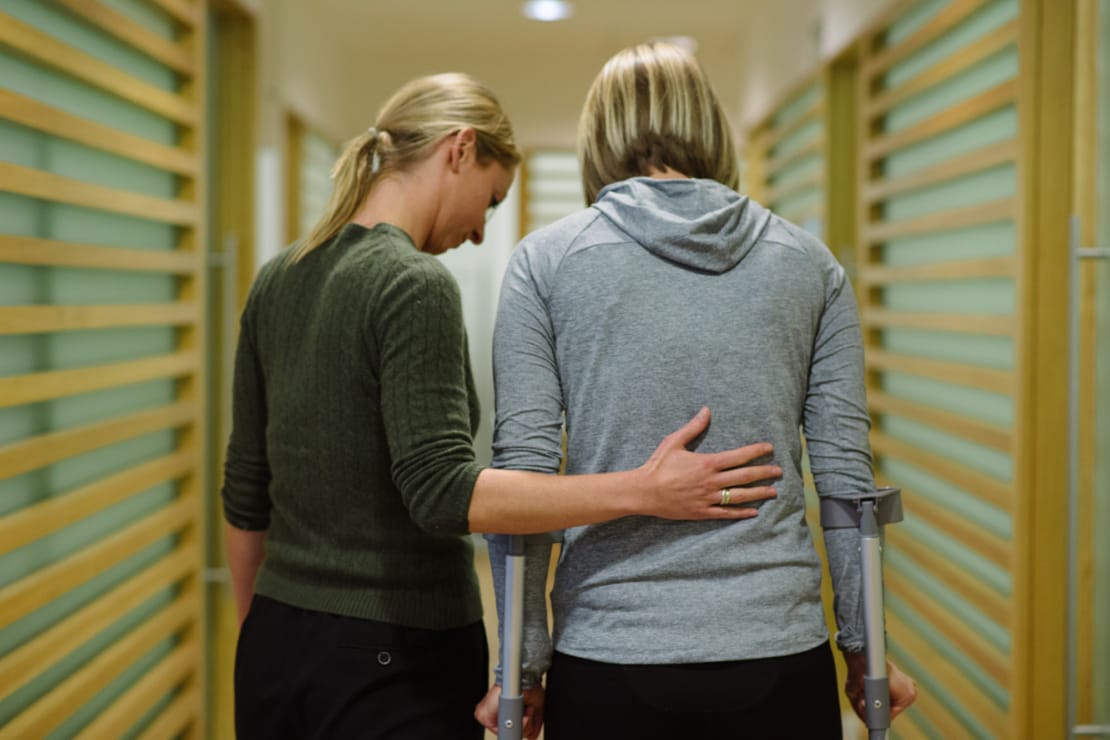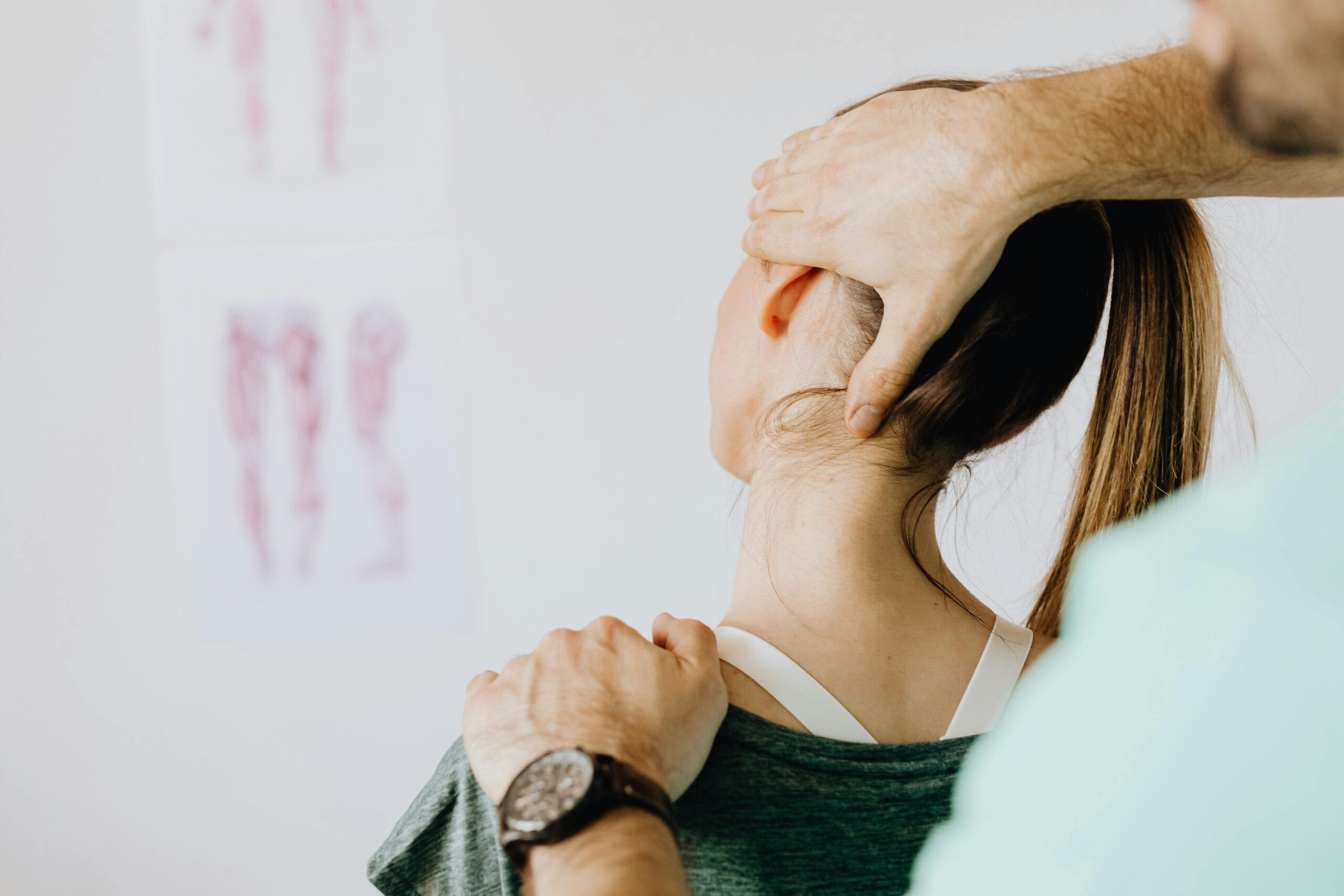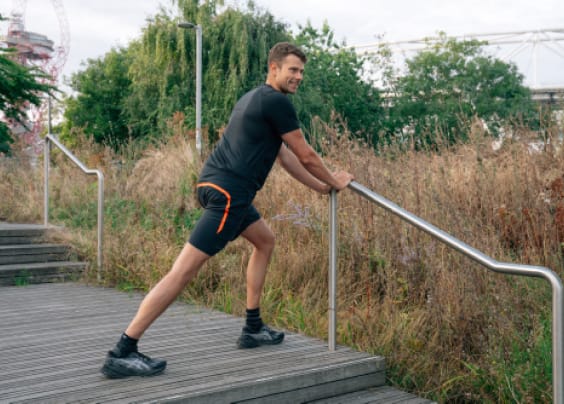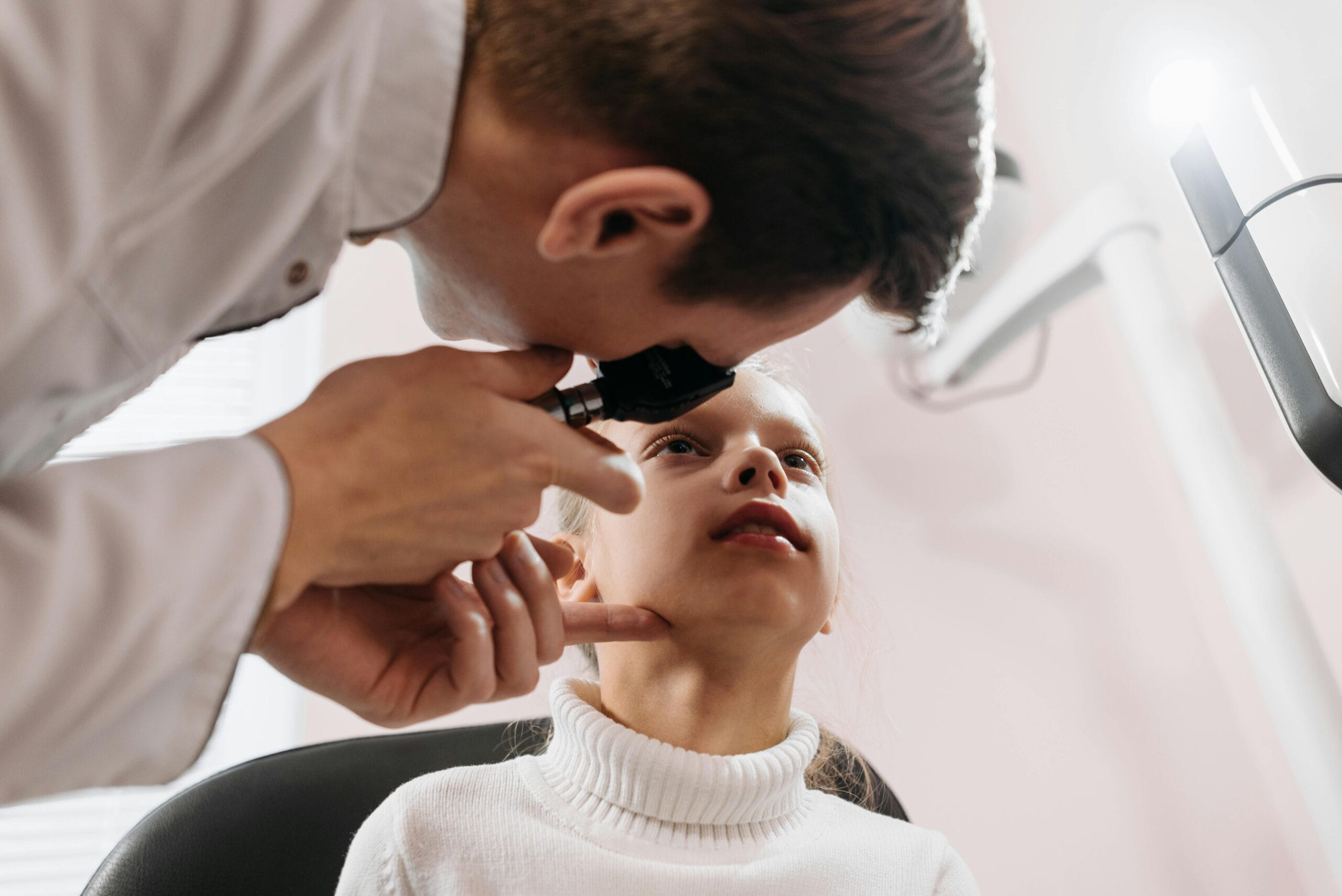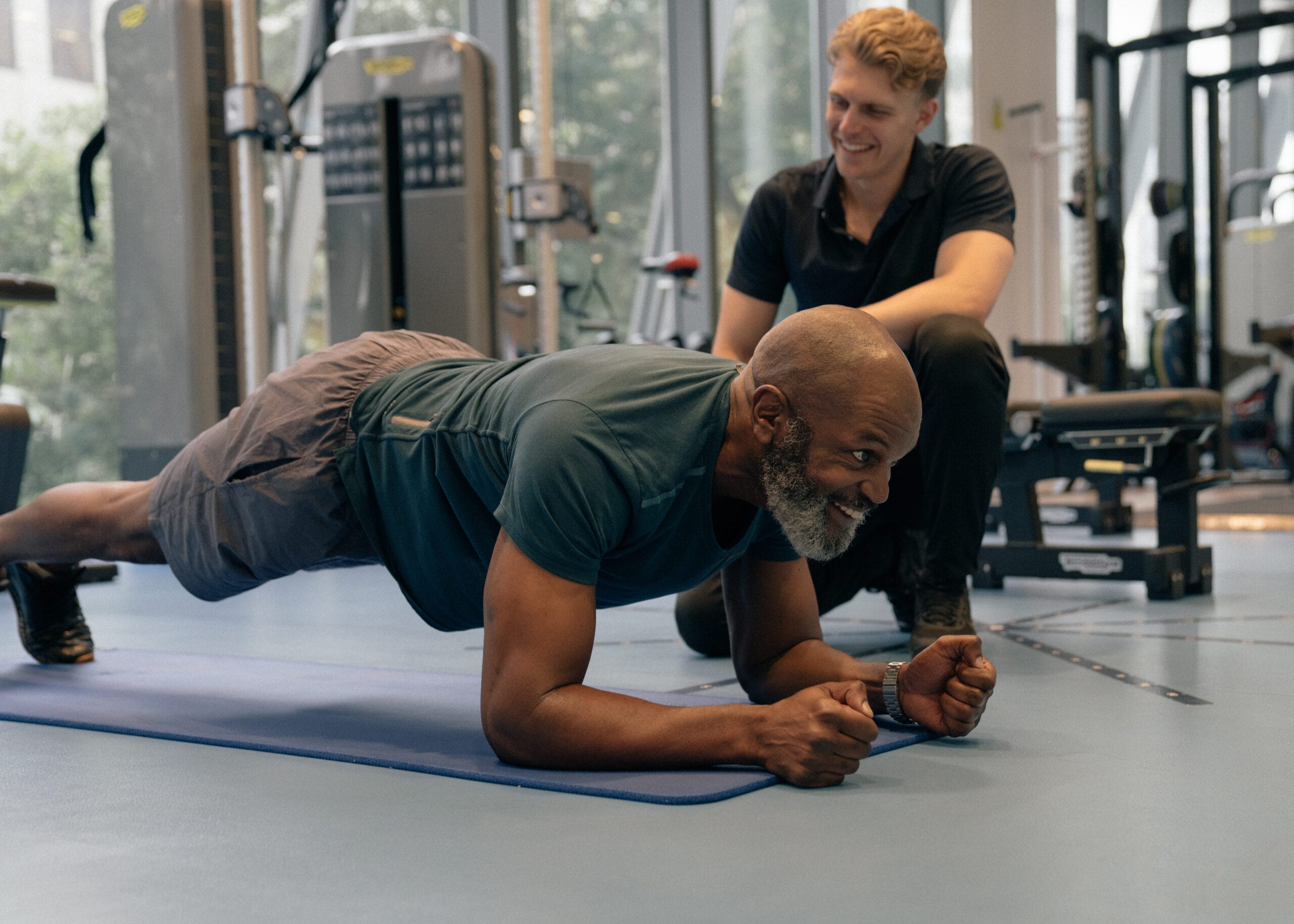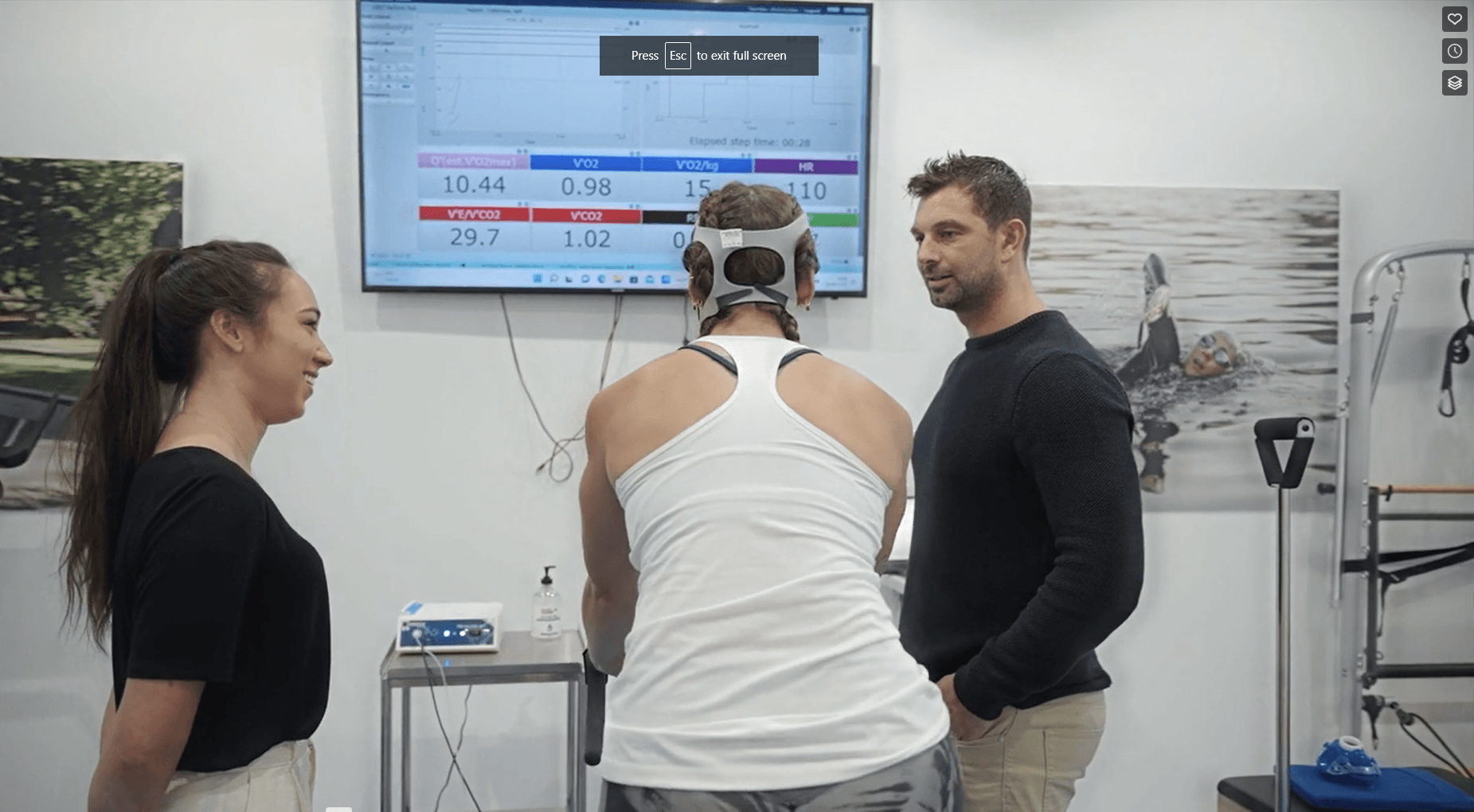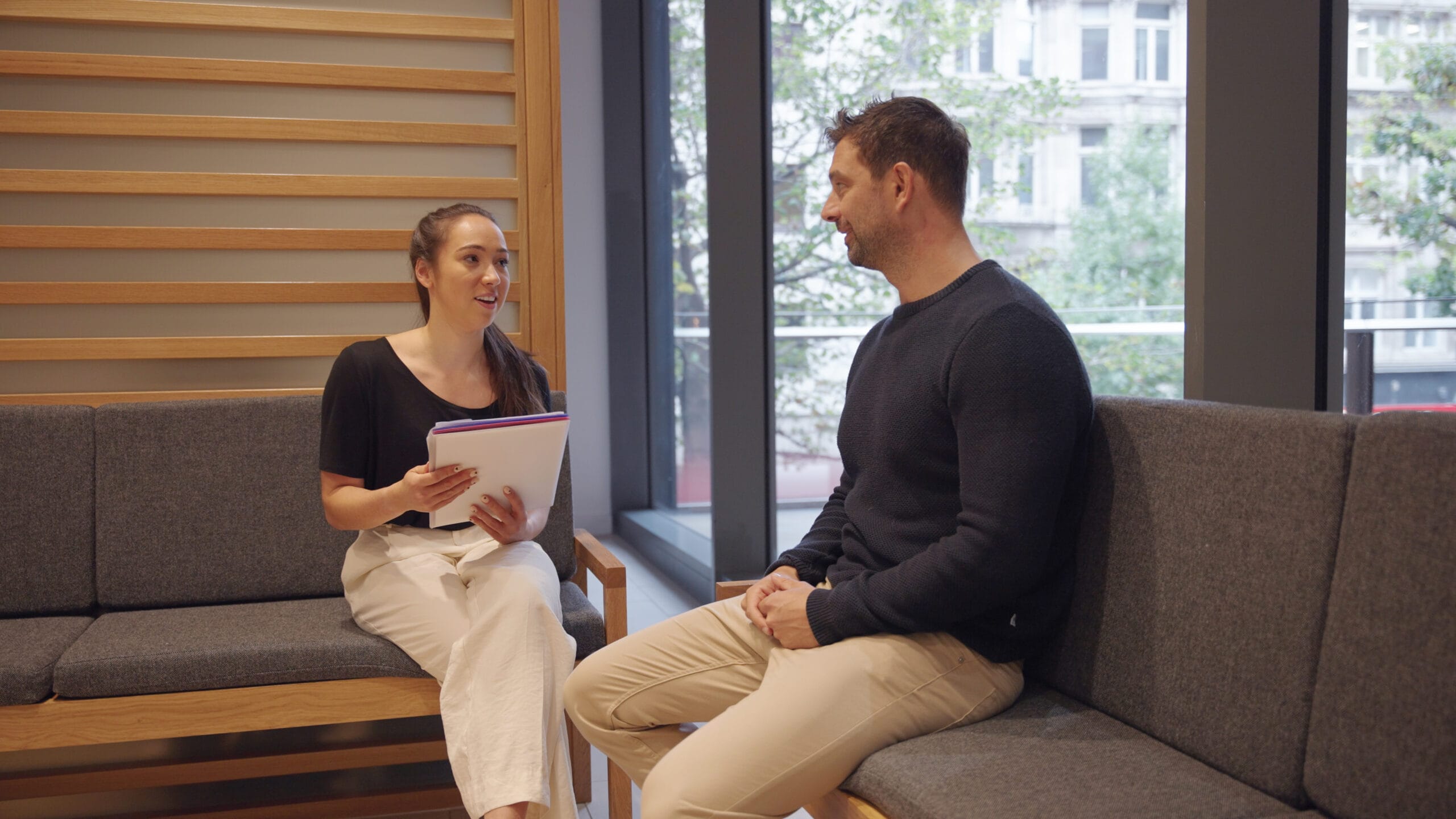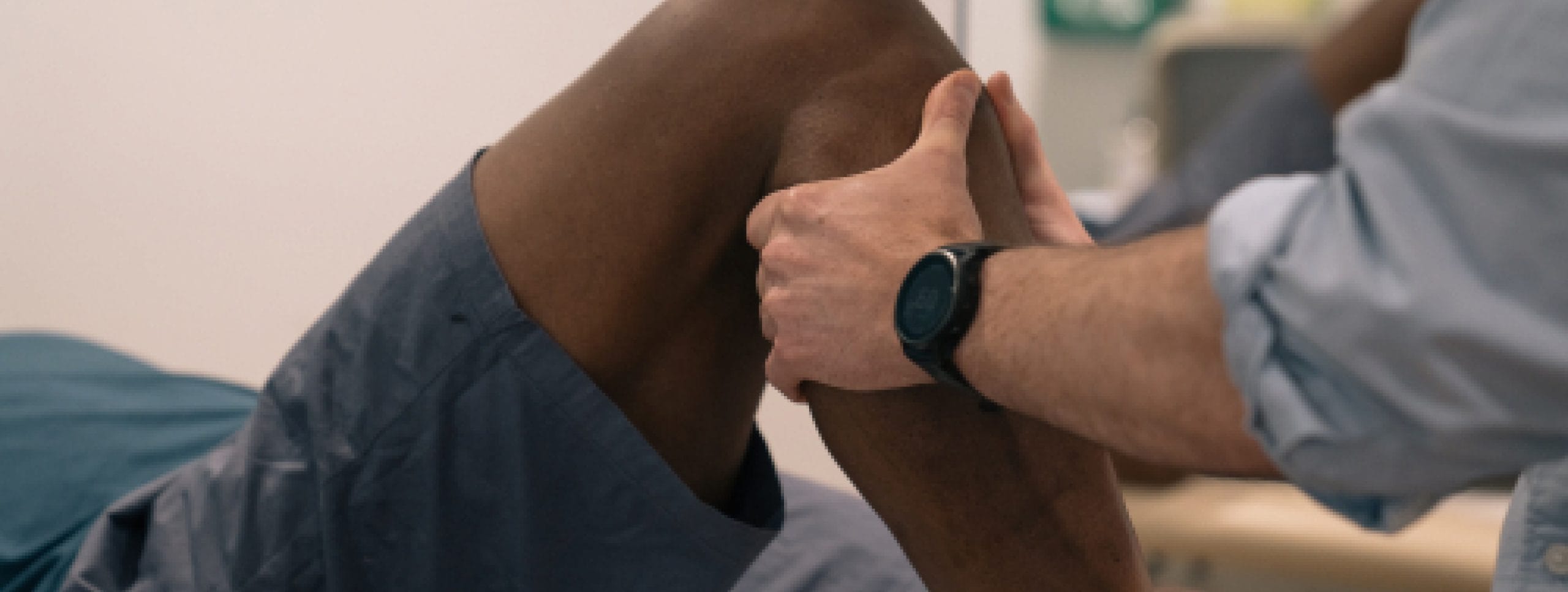
Concussion Clinic
The Concussion Clinic combines a range of specialist expertise across our multidisciplinary team including Consultant Specialists, Physiotherapists & Osteopaths.
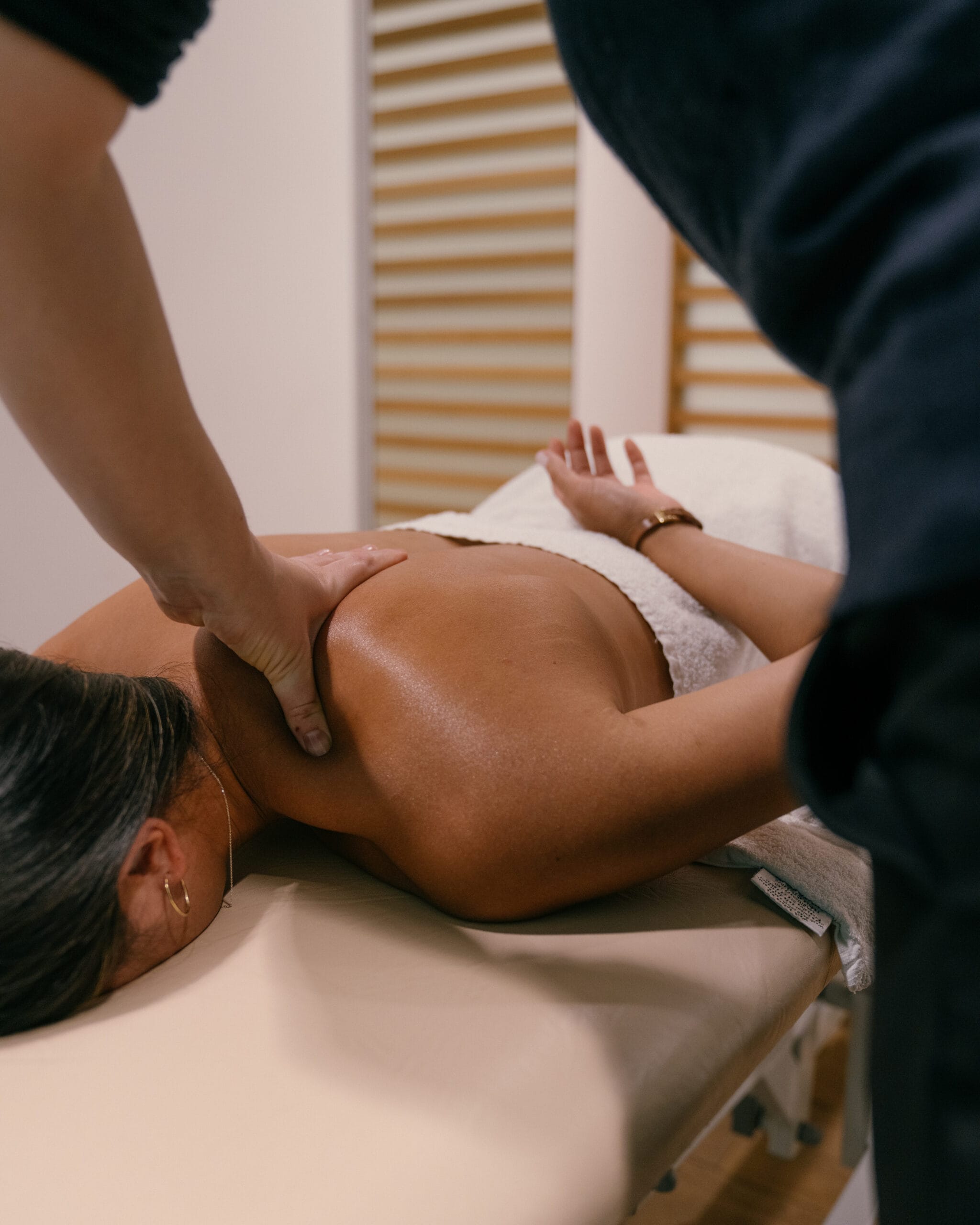
Concussion is often a dramatic and alarming injury that presents suddenly and usually resolves quickly. However, it can occasionally have longer lasting effects including reduced concentration, prolonged headaches, dizziness, as well as potential behavioural and emotional consequences.

Concussion is not an injury that can easily be diagnosed with current imaging techniques, and therefore requires a systematic and holistic management approach by individuals who are experienced in dealing with such injuries. It is particularly topical at present given the number of recent high profile concussions occurring in the elite sporting environment.
Get in touch to bookConcussion Clinic Specialists
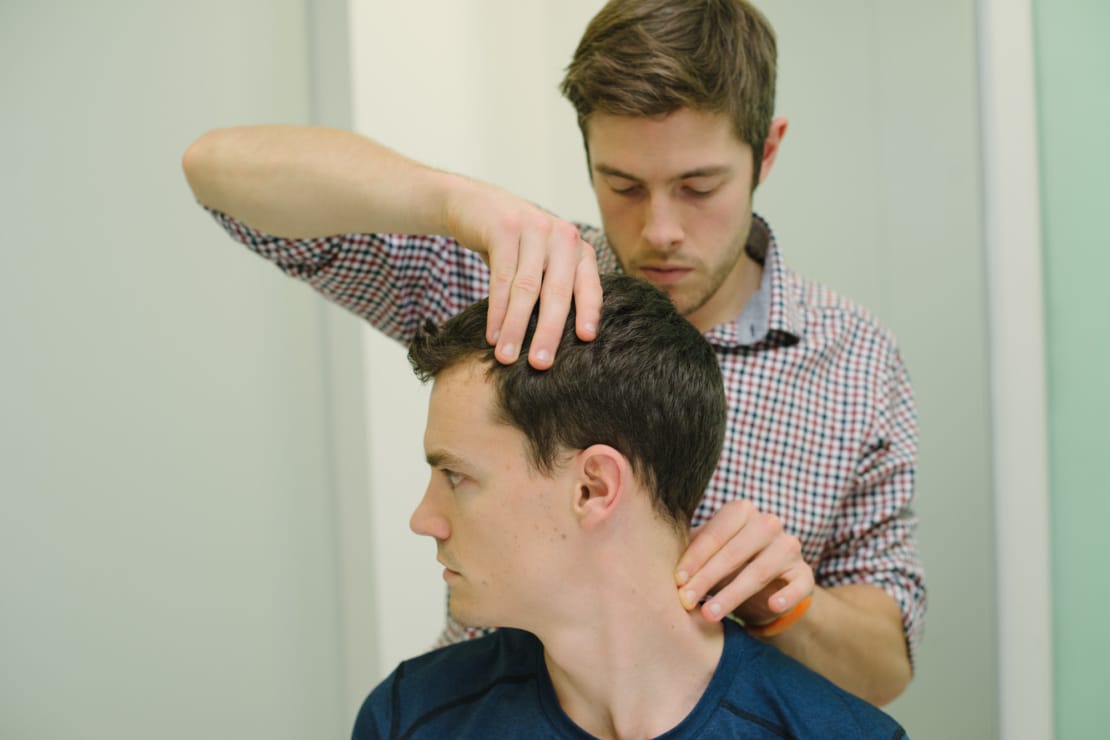
Pricing
- Initial Consultation with a Sport & Exercise Medicine Consultant (40 mins) – £350
- Initial Consultation with a Physiotherapist (60 mins) – £152
- Vestibular Physiotherapy for Concussion Initial Consultation (60 mins) – £175
- Physiotherapy Follow-up (30 mins) – £100
- Physiotherapy Extended Follow-up (60 mins) – £170
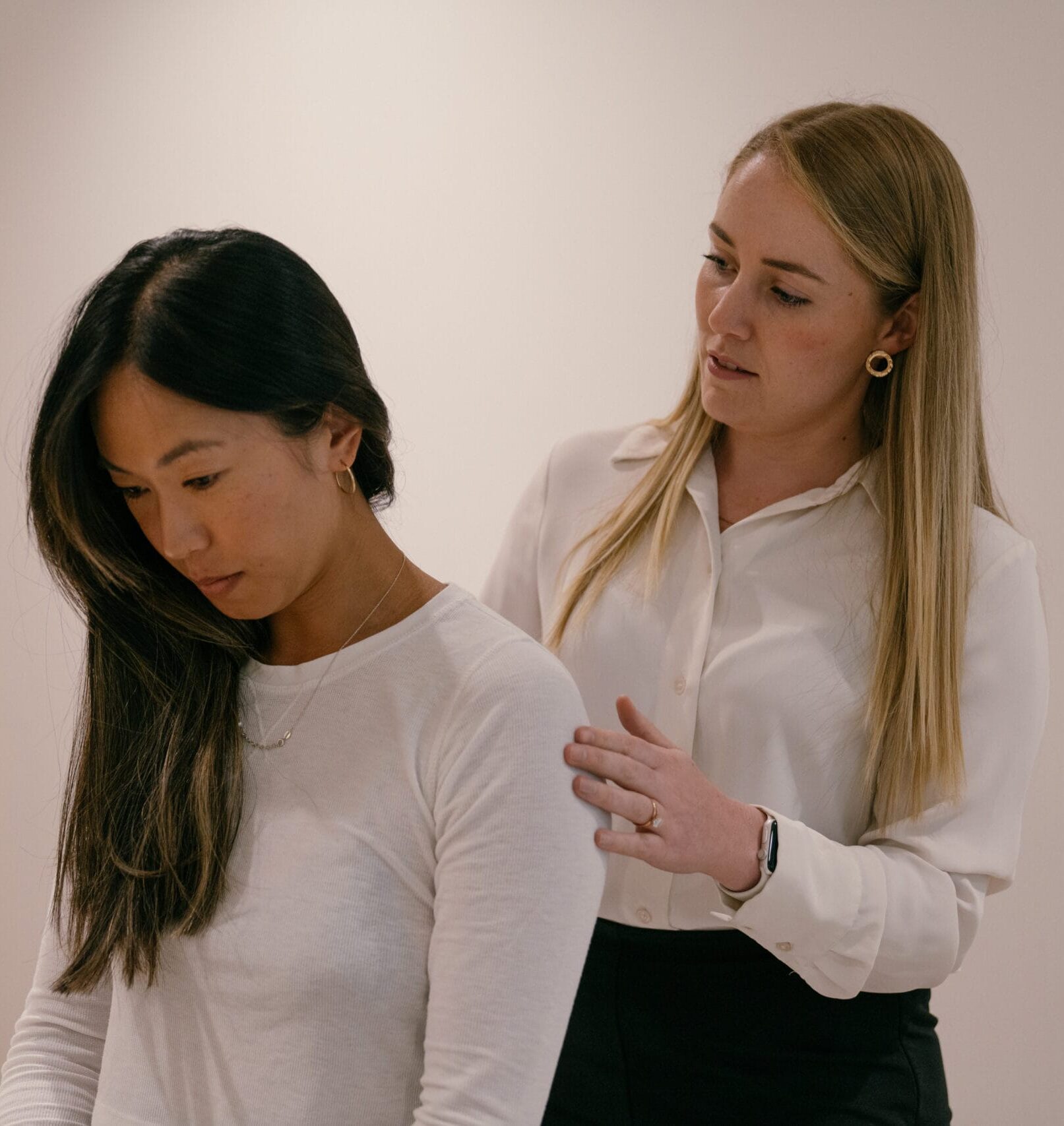
Our Concussion Clinic offers rapid access to a group of skilled healthcare professionals including Consultant Specialists in Sport, Exercise and Musculoskeletal Medicine, Physiotherapists and Osteopaths.

We have access to imaging and Neuro-radiologists, Neurologists, Vestibular (balance) Therapists and Neuropsychologists as required.
The clinic caters for Children (8 years and over), as well as adults and is coordinated by a group of clinicians experienced in the management of concussion and its associated conditions.
Under the umbrella of our Concussion Clinic we also offer Vestibular Physiotherapy, which involves assessing the vestibular and oculomotor systems through a series of tests to look at function, and provide relevant exercises based on the findings to rehabilitate the dysfunction.
Our clinic offers access to skilled adult and paediatric healthcare professionals, and is coordinated by a group of clinicians experienced in the management of concussion and its associated conditions.
When to See: The Concussion ClinicYour body is your most important investment, and it deserves more. Make sure you get the care and treatment your individual case requires.
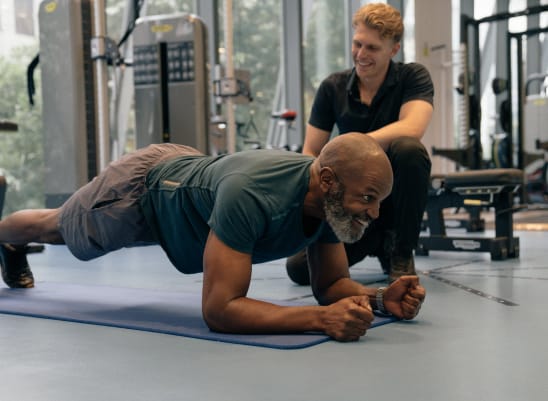
-
Work with a dedicated team of specialists, tailored to meet your specific needs and goals.
-
We combine over 1,000 years of expert experience in musculoskeletal healthcare and elite sport.
-
We are covered by all major insurers and also offer flexible self-pay options for added convenience.
The Pure Experience Overview
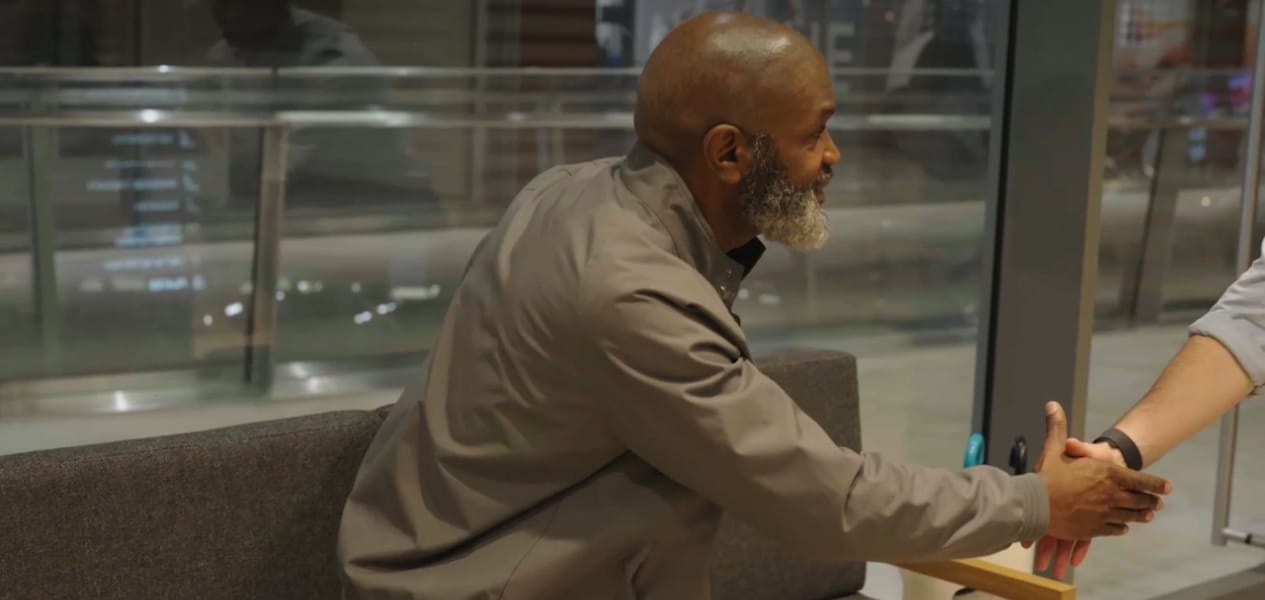
Your Journey with Pure
Everything we do is personalised to you. Whether your goal is to run a marathon or simply walk up the stairs comfortably, we’ll deliver the correct diagnosis and tailored treatment you need to get there so that you can perform at your best and prevent reoccurrence.
Frequently asked questions
A concussion is a type of traumatic brain injury (TBI) caused by a blow or jolt to the head or body that disrupts normal brain function. It can occur from a direct impact to the head, such as in sports or accidents, or from a sudden movement, like whiplash. Concussions can cause a variety of symptoms, including headaches, dizziness, confusion, memory loss, nausea, balance problems, and sensitivity to light or noise. While most concussions are mild and symptoms often improve with rest, they should still be taken seriously, as repeated concussions or inadequate recovery can lead to long-term complications. Immediate medical evaluation and proper management are essential for safe recovery.
If you suspect you may have a concussion, it’s important to recognize the symptoms and seek medical evaluation right away. Common signs of a concussion include:
-
Physical Symptoms:
-
Headache or a feeling of pressure in your head
-
Nausea or vomiting
-
Dizziness or balance problems
-
Sensitivity to light or noise
-
Blurred vision
-
-
Cognitive Symptoms:
-
Difficulty concentrating or remembering
-
Confusion or feeling “foggy”
-
Slowed reaction times or thinking
-
-
Emotional Symptoms:
-
Irritability or mood swings
-
Feeling anxious or depressed
-
-
Sleep Disturbances:
-
Difficulty falling asleep or excessive sleepiness
-
If you experience any of these symptoms following a blow to the head or a violent movement, it’s crucial to stop all physical activity and rest. A medical professional should assess your symptoms to confirm the diagnosis and provide guidance on the proper recovery process. Avoid returning to activities, particularly sports, until you’re cleared by a healthcare provider, as continuing to exert yourself too soon can worsen the condition and lead to more serious complications.
If you suspect that you are suffering from concussion, you should always seek medical attention.
Physiotherapy plays a crucial role in the recovery process following a concussion by addressing the physical symptoms and promoting brain healing. Key ways in which physiotherapy helps with concussion recovery include:
-
Balance and Coordination Training: Concussions often affect balance and coordination. Physiotherapists use specific exercises to improve these functions, which can help reduce dizziness and prevent falls.
-
Vestibular Rehabilitation: Many people with concussions experience vertigo or dizziness. Vestibular physiotherapy focuses on exercises to retrain the brain and inner ear to process balance information correctly.
-
Cervical Spine Rehabilitation: Concussions can also cause neck pain or stiffness, especially if there’s been a whiplash-like motion. Physiotherapists treat these issues with manual therapy, stretching, and strengthening exercises for the neck to alleviate pain and improve mobility.
-
Postural Training: Poor posture or faulty body mechanics following a concussion can worsen symptoms. Physiotherapists help improve posture and body alignment, which can reduce strain on the neck and spine.
-
Gradual Return to Activity: Physiotherapists guide the gradual return to physical activity or sport, using a structured approach to ensure that activities are reintroduced at a safe pace and don’t provoke symptoms.
-
Symptom Management: Physiotherapists also help manage symptoms such as headaches, fatigue, and light sensitivity with tailored strategies, including relaxation techniques, stretching, and strengthening exercises.
-
Cognitive and Physical Symptom Monitoring: Physiotherapists track progress, ensuring that patients recover without pushing too hard too soon, and they can advise on when it’s safe to resume daily activities or sports.
Overall, Physiotherapy supports concussion recovery by addressing both the physical and functional aspects of the injury, helping individuals return to their normal activities in a safe and controlled manner.
Yes, in most cases, you can refer yourself to a Physiotherapist for concussion treatment, especially if you have already experienced a concussion and need help managing your recovery. Many of our Physiotherapists specialise in concussion rehabilitation and can guide you through the process of recovery, addressing symptoms such as dizziness, headaches, neck pain, and balance issues.
However, it’s important to note that while you can self-refer, it’s always recommended to first seek medical evaluation from a healthcare provider (such as a GP or a specialist) after a concussion to rule out more serious injuries. If you have not already done this, we will refer you to one of our Consultant Specialists to conduct a full assessment of your symptoms. After that, we will refer you to a Physiotherapist, Osteopath or both for targeted rehabilitation.
Elements of your treatment for concussion can be covered by private medical insurance. However, please check with your insurer before starting your treatment to confirm that you are covered and to what extent.
